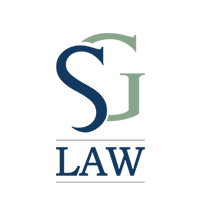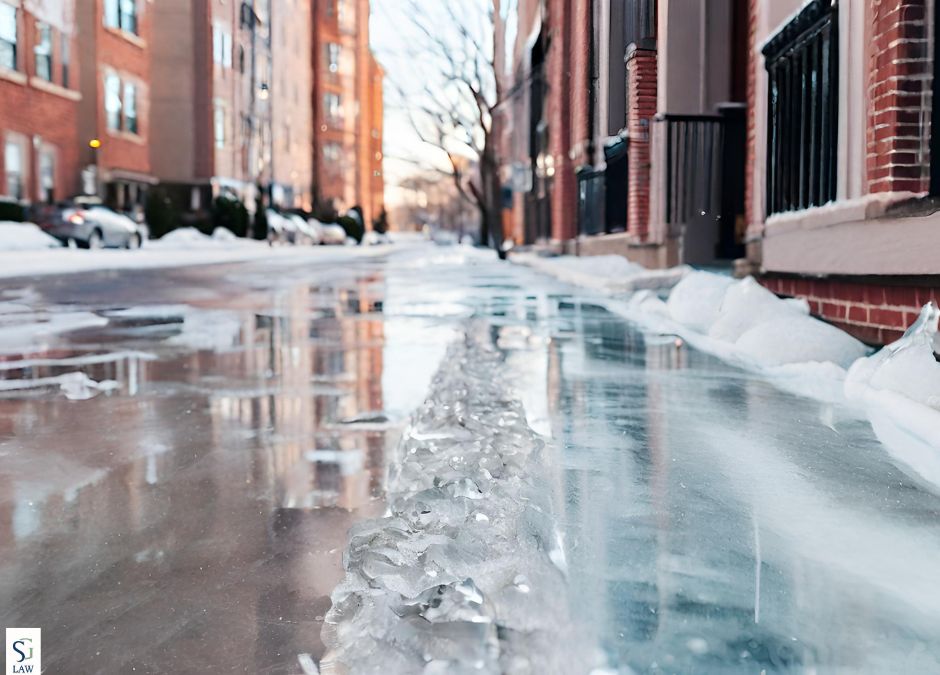When we visit a store, restaurant, or any other property, we expect it to be safe and free from potential hazards. Unfortunately, accidents can happen, resulting in injuries that can have lasting consequences. If you or a loved one has been injured on someone else’s property due to negligence, you may have the right to seek compensation for your damages. In this blog post, we will delve into premises liability and safety in Maryland, exploring the key concepts, property owner responsibilities, common premises liability issues, and your rights as an injured party.
Understanding Premises Liability
Premises liability refers to the legal responsibility of property owners to ensure the safety of individuals who enter their premises. When a property owner fails to maintain a safe environment, they can be held liable for injuries that occur as a result. It’s essential to understand the concept of duty of care, as it forms the foundation of premises liability claims.
What is Duty of Care?
Under Maryland law, property owners owe a duty of care to individuals who enter their premises. This duty entails taking reasonable steps to prevent harm and maintain a safe environment. The specific duty of care owed may vary depending on the relationship between the injured party and the property owner. Visitors fall into three categories:
Invitees:
As the name implies, these are people invited to the property by its owner, typically for business purposes. For example, your dentist “invites” you to his practice when he sets up an appointment for you.
By Maryland law, property owners owe invitees the highest duty of care and must ensure that their premises are reasonably safe and free from hazards.
Licensees:
Licensees are people who enter the property for purposes that do not financially benefit the property owner. Property owners must warn licensees of any known hazards that may not be readily apparent.
Going back to the examples above, imagine that the dentist is your golf partner. You have a game planned for this afternoon and she invites you to meet her at the office so you can drive over together. You arrive early and decide to sit in the waiting area until she’s ready. In this example, you are a licensee since your visit to the office is purely social and in no way financially benefits your friend’s dental practice.
While your friend owes the greatest duty of care to her patients and others invited for business purposes, she still owes you a warning that the floor is slippery.
Trespassers:
Laws regarding duty of care to trespassers are a bit trickier. Technically, property owners owe this group the lowest duty of care. However, they are still obligated to refrain from intentionally causing harm.
The 1980s movie Home Alone is an excellent example of what you cannot do to trespassers. In the film, Kevin breaks the law when he sets up elaborate traps designed to seriously injure the criminals trying to break into his house.
The law gets even trickier when kids are involved. Property owners have an obligation to secure anything that attracts children, such as pools and trampolines.
Common Premises Liability Issues
Now that we understand the concept of duty of care, let’s explore some common premises liability issues that often lead to accidents and injuries.
Slip and Fall Accidents:
Slip and fall accidents are among the most common types of premises liability cases. They can occur due to various hazardous conditions, such as wet floors, uneven surfaces, inadequate lighting, or poorly maintained staircases. If you have been injured in a slip and fall accident, you may be able to hold the property owner accountable if they failed to address the dangerous condition or provide adequate warnings.
Inadequate Security:
Inadequate security is another critical issue that can lead to premises liability claims. Property owners have a responsibility to provide reasonable security measures to protect visitors from foreseeable harm, such as assault, theft, or other criminal acts. If a property owner neglects to implement appropriate security measures, they may be held liable for injuries resulting from criminal activities on their premises.
Negligent Maintenance:
Property owners must maintain their premises in a reasonably safe condition. Failure to address maintenance issues promptly can lead to accidents and injuries. Examples of negligent maintenance include broken handrails, faulty electrical systems, crumbling steps, or inadequate upkeep of parking lots. If you have been injured due to the property owner’s negligent maintenance, you may have a premises liability claim.
Property Owner Responsibilities
To establish a premises liability claim in Maryland, it’s crucial to understand the responsibilities that property owners have towards their visitors.
Duty to Inspect:
Property owners have a duty to regularly inspect their premises to identify and address potential hazards. They should have a system in place to conduct inspections, document any identified hazards, and take prompt action to mitigate risks.
Duty to Warn:
When a property owner is aware of a dangerous condition that poses a risk to visitors, they have a duty to provide adequate warnings. This includes placing warning signs, barriers, or notifying visitors verbally about the potential hazard. By fulfilling their duty to warn, property owners can help prevent accidents and protect the safety of individuals on their premises.
Duty to Maintain:
Property owners are responsible for maintaining their premises in a safe condition. This includes repairing any defects or hazards promptly and performing routine maintenance tasks. By addressing maintenance issues in a timely manner, property owners can prevent accidents and injuries that may occur due to negligence.
Your Rights as an Injured Party
If you have been injured on someone else’s property due to their negligence, it’s essential to understand your rights and the legal remedies available to you in Maryland.
Seeking Compensation:
In premises liability cases, you may be entitled to seek compensation for your damages. This can include medical expenses, lost wages, pain and suffering, and other related costs. To pursue a successful claim, you will need to establish that the property owner’s negligence directly caused your injuries.
Statute of Limitations:
It’s important to be aware of the statute of limitations for premises liability claims in Maryland. The statute of limitations sets a time limit within which you must file your lawsuit. In Maryland, the statute of limitations for personal injury cases, including premises liability, is generally three years from the date of the injury. Failing to file your claim within this time limit may result in your case being dismissed by the court.
Comparative Negligence:
Maryland follows the principle of comparative negligence, which means that your compensation may be reduced if you are found partially at fault for your injuries. However, if you are less than 50% at fault, you may still be eligible to recover damages. It’s crucial to work with an experienced premises liability attorney who can help assess your case and determine the extent of liability.
Conclusion:
Understanding premises liability and safety in Maryland is crucial for protecting your rights as a visitor to someone else’s property. Property owners have a legal obligation to maintain a safe environment and address potential hazards promptly. If you have been injured due to their negligence, you may have the right to seek compensation for your damages. By recognizing common premises liability issues, property owner responsibilities, and your legal rights, you can navigate the legal process more effectively.
If you find yourself in such a situation, consult with a knowledgeable personal injury attorney who can guide you through the complexities of your case and help you pursue the compensation you deserve. Remember, your safety matters, and holding negligent property owners accountable not only benefits you but also promotes safer premises for others in the future.

